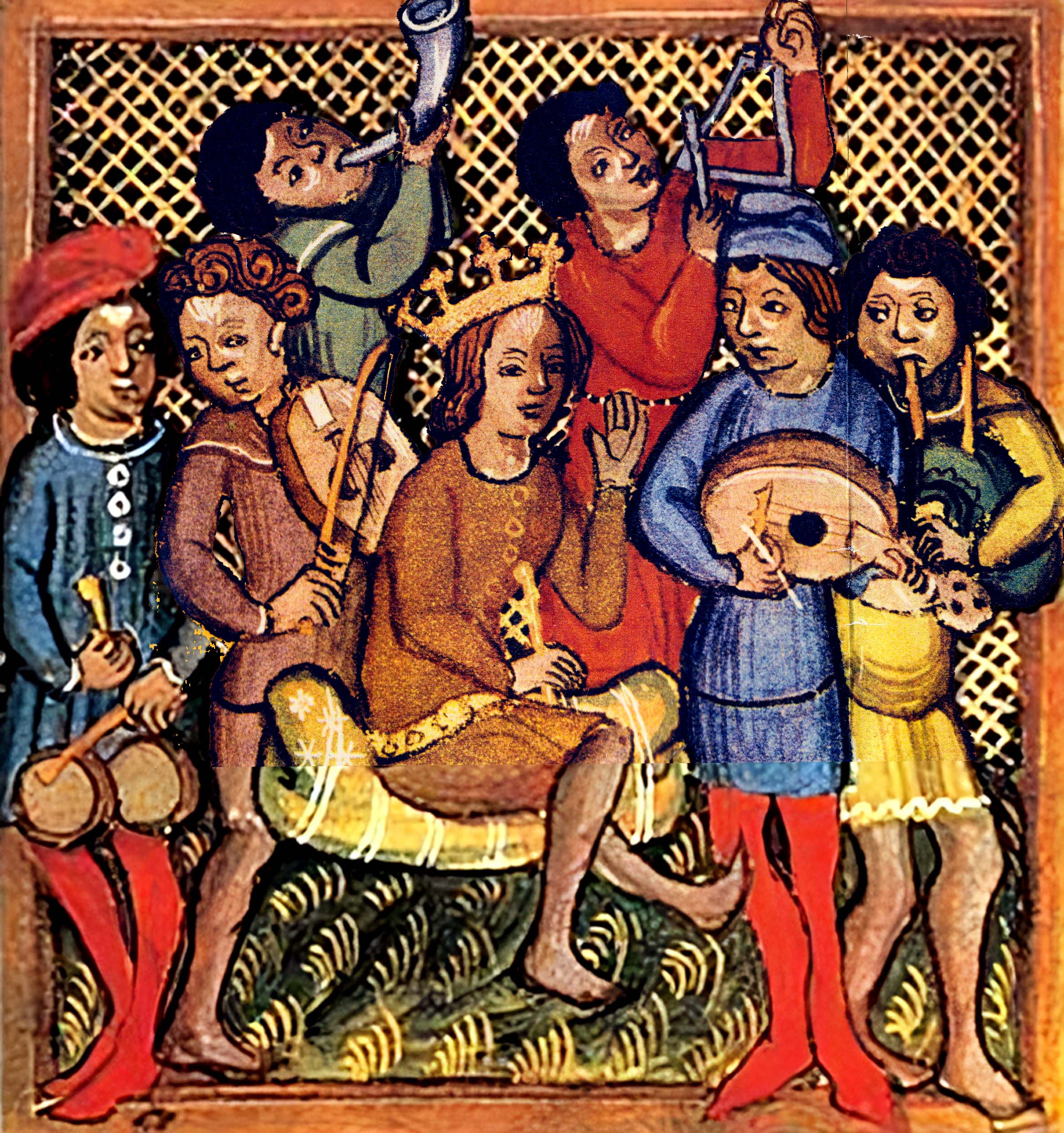 |
| Lived Experience |
People have trouble understanding me when I say my poems are not autobiographical. We have this unfortunate fixed idea that poems should be autobiographical. For some reason, we do not have this problem when discussing prose, or plays.
So recently I was asked if the voices in my poems come from the collective unconscious. I dismissed the suggestion. Someone else suggested that I am “channelling.”
Jung’s concept of a collective unconscious seems to me to describe a real thing—a very real thing—but to be a contradiction in terms as he frames it. He sees it as something of which we are by definition unconscious. This is nonsensical as an epistemological statement. How then can we discuss it? He further defines it as a part of our self that is not our self; that is, it exists apart from our awareness, experience, or will, just as a tree might exist in the next lot. How then is it part of us, and the tree is not? A collective unconscious defies the very definition of self.
And Jung so far as I can tell offers no rational mechanism for how such a thing as a collective memory can exist. How can you inherit someone else’s memories?
Jung’s problem, I maintain, is that he is trying to give a materialist explanation for a spiritual reality. He is trying to reconcile actual human experience with a purely materialist, scientistic world view. In the end, he cannot.
The thing he calls “collective unconscious” is better framed by Plato as simply the real world. In the real world everything exists in its perfect, ideal form. Were this not so, were we not pre-programmed, we could never make any sense of our sense experiences.
See Plato’s cave analogy.
Or his dialogue “Meno”:
“ … SOCRATES: What do you say of him, Meno? Were not all these answers given out of his own head?
MENO: Yes, they were all his own.
SOCRATES: And yet, as we were just now saying, he did not know?
MENO: True.
SOCRATES: But still he had in him those notions of his—had he not?
MENO: Yes.
SOCRATES: Then he who does not know may still have true notions of that which he does not know?
MENO: He has.
SOCRATES: And at present these notions have just been stirred up in him, as in a dream; but if he were frequently asked the same questions, in different forms, he would know as well as any one at last?
MENO: I dare say.
SOCRATES: Without anyone teaching him he will recover his knowledge for himself, if he is only asked questions?
MENO: Yes.
SOCRATES: And this spontaneous recovery of knowledge in him is recollection?
MENO: True.
SOCRATES: And this knowledge which he now has must he not either have acquired or always possessed?
MENO: Yes.
SOCRATES: But if he always possessed this knowledge he would always have known; or if he has acquired the knowledge he could not have acquired it in this life, unless he has been taught geometry; for he may be made to do the same with all geometry and every other branch of knowledge. Now, has any one ever taught him all this? You must know about him, if, as you say, he was born and bred in your house.
MENO: And I am certain that no one ever did teach him.
SOCRATES: And yet he has the knowledge?
MENO: The fact, Socrates, is undeniable.
SOCRATES: But if he did not acquire the knowledge in this life, then he must have had and learned it at some other time?
MENO: Clearly he must.
SOCRATES: Which must have been the time when he was not a man?
MENO: Yes.
SOCRATES: And if there have been always true thoughts in him, both at the time when he was and was not a man, which only need to be awakened into knowledge by putting questions to him, his soul must have always possessed this knowledge, for he always either was or was not a man?
MENO: Obviously.
SOCRATES: And if the truth of all things always existed in the soul, then the soul is immortal. Wherefore be of good cheer, and try to recollect what you do not know, or rather what you do not remember….”
The truth of all things always existed in the soul. Or as Blake put it, “man is born as a garden fully planted.” This is where poetry comes from. Memories are not formed by our experiences any more than our experiences are formed by our memories.
This truth is pretty universally understood, except by the modern West, blinded by the limited world view of materialism.
The Buddhists refer to this as the “storehouse consciousness.” Coleridge referred to it as the “primary imagination.” It is the basic assumption of all Native North American spiritualities. Ironically, everyone thinks they were deeply connected to nature. In fact, they saw nature as an illusion, and only the spirit world as real.
In Christian terms, this is the Kingdom of Heaven. Or rather, this is the entire objectively existing spiritual world, heaven, hell, and purgatory.
As to channeling: there are beings speaking to us from this spiritual world. Angels, saints, fairies, demons—literally and necessarily anything we can imagine.
The problem is, some of them are demons. Channeling without caution tends to attract demons.
Truth and beauty are the test of the spirits. Are the words, is the image, beautiful? Not in a superficial sense, but does it evoke the aesthetic experience of awe? Is it, are they, true?
Bingo. Poetry.















